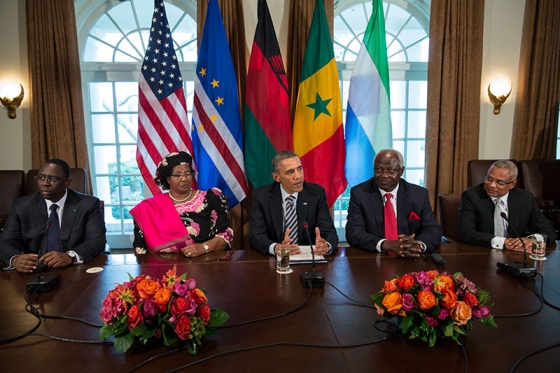A global movement to end the abuse of women was the theme at the 13th annual International Women’s Day celebration at the University of Minnesota, where women from all over Minnesota gathered in March to highlight their plight.
Award winning poet, novelist, political theorist and feminist activist Robin Morgan called for global feminism, urging gender activists around the world to work together in combating the violation of women’s activists.
This year’s event marked a celebration of the U.N. General Assembly‘s adoption of the Declaration on the Rights of Indigenous Peoples. The Declaration comprises 14 articles which proclaim the individual and communal rights of indigenous peoples, including rights to culture, identity, language, employment, health, and education. One of the articles, addresses the rights of indigenous women urging states and nations to protect them from all forms of violence and discrimination.
While recognizing the advances made by women in different parts of the world, Morgan expressed concern that many women in the world were still disenfranchised members of their societies.
“There is multiplicity in feminism,” Morgan said. “Women in different parts of the world have different issues thus different feminisms.”
She urged feminists from all over the world to support and follow the leadership of women’s movements in different parts of the world. After all, she said, “Outsiders do not stir new feminism.” She added that feminism was neither new nor was it peculiar to the global north.
Morgan, who is also the founder of the Women’s Media Center, criticized American media for its portrayal of sexist stereotypes and use of sexist language. She cited MSNBC’s talk show host Chris Mathews who has recently come under fire in his sexist criticism of Democratic presidential candidate, Sen. Hillary Clinton. Following Clinton’s New Hampshire primary win, Mathews said, “Let’s not forget…the reason she’s a U.S. Senator, the reason she’s a candidate for president, the reason she may be a frontrunner, is that her husband messed around.
On the global front Morgan called attention to the feminization of poverty due to women’s limited access to power, education and resources such as health and other social amenities. In turn, women do not take part in the policy formation of many societies leaving them at the mercy of decisions that favor patriarchy at their expense.
Violence Against Women in Cameroon
In an afternoon session, two African women gave testimony to the global feminist movement. Speaking in French, through a translator, Beatrice Sime Sopsec painted a dismal picture of girls and women in Cameroon. Right from birth, a young girl has a deck of cards stacked up against her, she said. As soon as she matures as a teenager, a young girl is open to sexual assault. To deter this, a mother breast irons her daughter. Breast ironing, a form of body modification, where grinding stones, pestles, belts, and other heated objects are used to flatten an adolescents breasts to bring less attention to her. She is then forced into early marriage to earn her family dowry. According to Sopsec, new HIV/AIDS infections are most prevalent in young girls between the ages of 14 and 24. Once married, the woman becomes her husband’s property and is subject to emotional and violence abuse.
“Even in a situation of violence it is only the man who can call the police,” she said adding that even the law worked mostly in men’s favor. “Obviously, if he is the perpetrator he will not call the police.”
Cameroon, she said was a signatory to all international conventions against discrimination, however, local laws are not aligned to these, and instances where they are, law enforcement is not keen on implementing them. Bringing to justice a rapist is almost impossible as it is the raped woman who will be on trial for “bringing it on.”
Female Genital Mutilation/Cutting in Kenya
Although the practice is illegal in Kenya, the government has failed to enforce the law in many parts of the country and young girls get circumcised, especially rural communities. Zipporah Mesesi used her platform as a teacher to educate young girls. A victim of FGM, Mesesi regaled the audience with songs that she sang in Swahili to send coded messages to young girls and women educating them on their rights. Mesesi narrated the stigma women with AIDS face as they are solely blamed for the spread of the disease as the men are seen as the victims. In Kenya’s recent post-election violence, Mesesi cited the plight of internally displaced persons where women suffered the most, she said.
Malinda Schmiechen, an official of the Advocates for Human Rights which co-sponsored the convention with the university, lamented that the biggest challenge in proving asylum for abused women, was not that they were seeking protection from the police or from their State, but from individual actors such as fathers, husbands and other community members. However, she also made the case that an asylum claim can be made to the U.S. government based on the violation of a woman’s right in her home country.
Several other sessions in the conference addressed the need for a global effort towards combating discrimination and violation of women’s rights. These sessions included discussions on women leadership, women’s response to the global water crisis, economic empowerment of women and the plight of women in armed conflict.
About Julia N. Opoti
A former Mshale editor, Julia Nekessa Opoti is now the producer and host of the radio show: Reflections of New Minnesotans on AM950 . She also edits/publishes Kenya Imagine.






